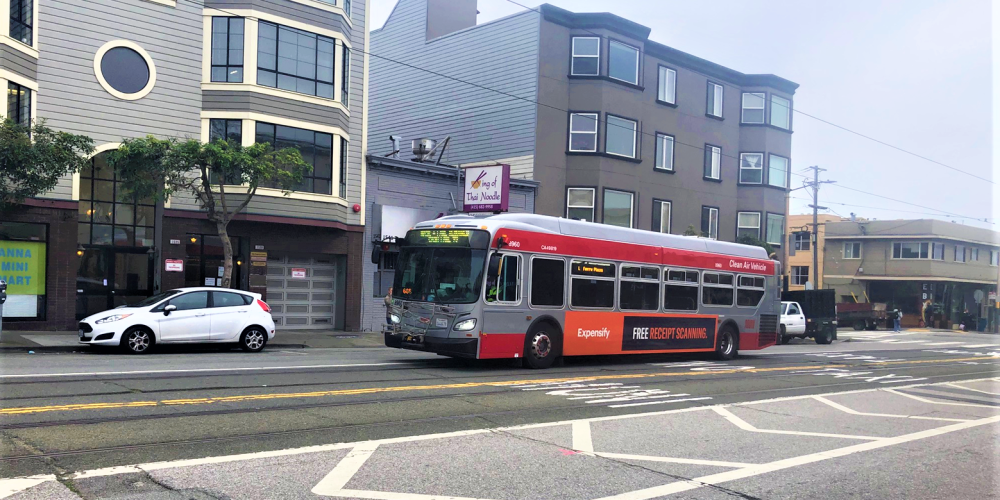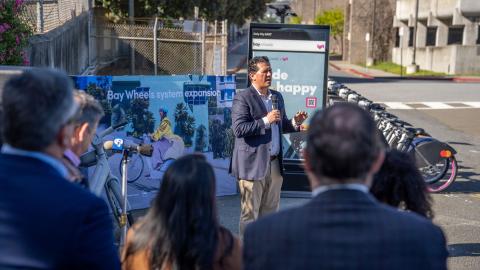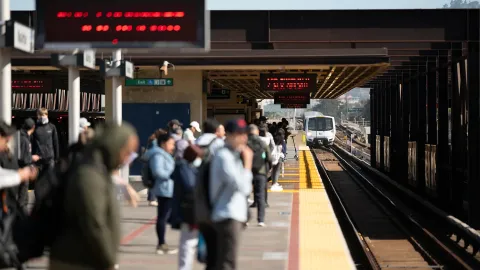
The U.S. Department of Transportation's Federal Transit Administration announced a $500,000 research grant to identify safety risks for transit workers and riders and determine the most effective strategies to minimize them.
The initiative will better inform FTA’s efforts in developing public transportation safety measures in the light of many reports of violence toward transit workers. Better understanding the data and risks will lead to strategies that improve safety on the nation’s transit systems.
"Through the pandemic and indeed every day, the value of American transit workers is proven over and over again," said FTA Administrator Nuria Fernandez. "As a nation who depends on them, we owe it to our frontline transit workers to ensure that when they go to work, they can expect to come home safe and sound. Transit riders also deserve to know that safety is the North Star of every transit agency, and that they will continue riding the safest mode of transportation in America."
This is the first phase of FTA's Transit Worker and Rider Safety Best Practices initiative. After identifying best practices, a second phase of research will provide technical and financial support to the transit industry and supportive organizations to pursue innovative approaches to reduce safety hazards affecting workers, riders, and transit systems. FTA has initiated multiple actions to both identify potential transit worker safety mitigations, safety standards, and to prevent operator assault.
FTA selected the University of South Florida (USF) to identify underlying factors and trends in operator and rider assault incidents; document and assess strategies to address them; and develop best practices for transit agencies. This phase of work is expected to take approximately 18 months to complete.



Submit your comment
In order to receive a reply to your comment, please provide an email address.